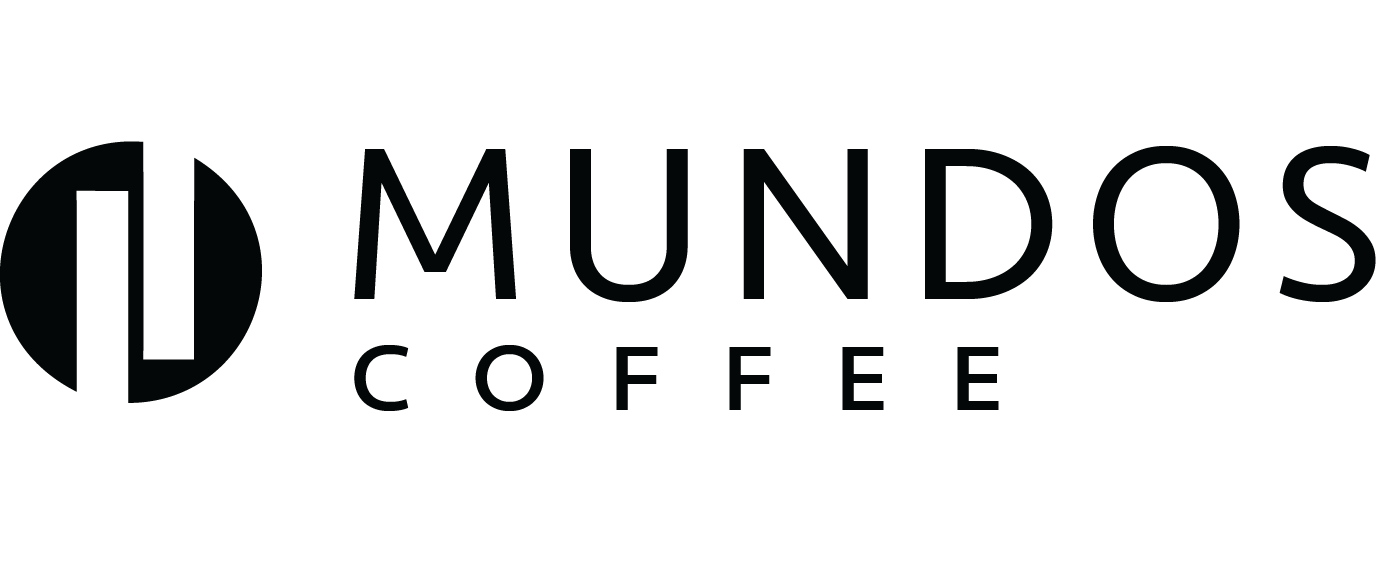New Arrivals from Kenya, Honduras and Mexico
New coffees from Kenya, Honduras and Mexico have just arrived in our roastery, read on for more info!
An incredibly sweet and juicy coffee from Kenya, with notes of orange soda, it is well balanced with its high acidity and sweetness.
KENYA | RUIRU
[KEN-YUH • REW-REW]
Notes:
Orange Soda, Peach, Juicy
Varietals:
Ruiru 11, SL28, SL34
Process:
Washed
Elevation:
1,600 MASL
This AA-grade, washed process coffee is from the Ruiru Mills estate, a 145ha coffee farm.
Smooth and easy, this washed process Honduras has notes of apple and milk chocolate, a perfect cup to relax and unwind.
HONDURAS | LA AVI
[HON-DUR-US • LA • A-VEE]
Process:
Washed
Elevation:
1,500 MASL
Notes:
Apple, Milk Chocolate, Berries
Varietal:
Catuai, Caturra, Bourbon, Typica, Pacas
Honduras is somewhat unique in that it experienced the most significant growth in export volume after the emergence of the specialty coffee industry, so new farmers and new mills begin with quality as their goal. Coffee is now pervasive in Honduras, grown in 210 of the 298 municipalities and throughout central and coastal highlands within six districts identified as Coffee Regions. Starting in the north and moving south, the regions are Copan, Opalaca, Montecillos, Comayagua, El Paraiso, and Agalta. More than 60 percent of Honduras coffee is grown above 1,200 meters and as high as 1,600. Almost 90% of Honduras coffee is grown on small (less than 153 bags) and medium (between 153 and 766 bags) sized farms. Virtually all Honduras coffee (over 90%) is washed and sun dried. Plant varieties include Catuai, Caturra, Bourbon, Typica, and Pacas.
Smooth and elegant washed coffee from Mexico, chocolate with a subtle candied citrus finish.
MEXICO | KI-SAYA
[MEX-A-KOH • KEE-SAH-YA]
Process:
Washed
Elevation:
1,200 - 1,800 MASL
Notes:
Dark Chocolate, Almond, Candied Citrus
Varietal:
Caturra, Typica, Marsellesa
Ki-Saya is an organic offering from Chiapas. The name come from the combination of two words in the indigenous Mayan language of the area: Ki, meaning “tasty” and Saayab, which means “nature.” Coffee is the most important commercial crop in Chiapas and has a long history in the region, representing a significant source of income for small producers, some 44% of whom are indigenous, mostly Tzotzil and Tzeltal.
In the Tzeltal region, organic coffee production begins with a profound respect for the natural environment. Farmers prioritize the health and well-being of the land, avoiding the use of synthetic fertilizers, pesticides, and herbicides that can harm both the ecosystem and the consumer. Instead, they rely on traditional knowledge and organic inputs, such as compost and natural pest control methods, to nurture the coffee plants.
Thanks for reading, now enjoy some delicious coffee!
Take it easy.







